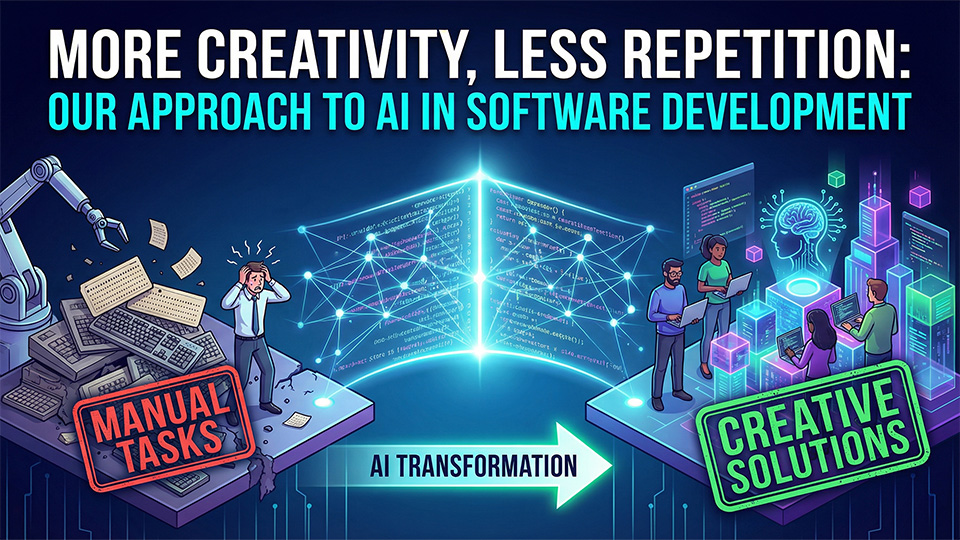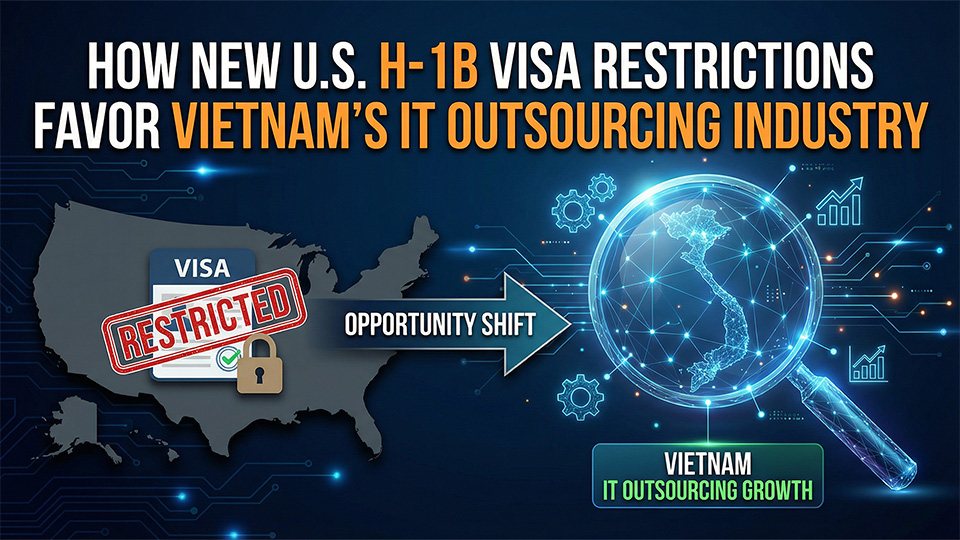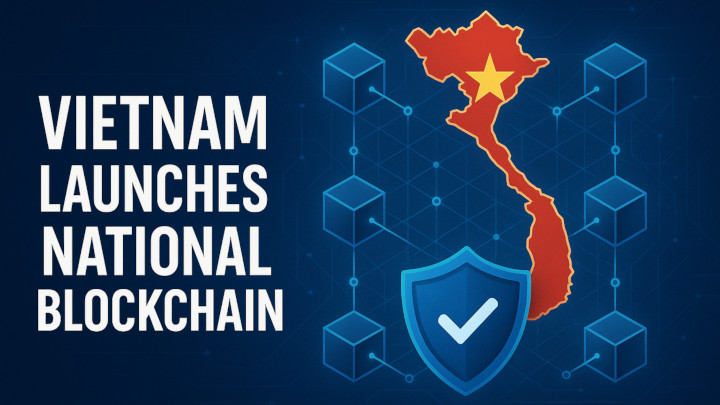July 30, 2025
Vietnam Legalizes Crypto: What the Landmark Digital Technology Law Means for You
On June 14, 2025, Vietnam’s National Assembly passed the Digital Technology Industry Law, marking a pivotal shift in Southeast Asia’s approach to digital assets.
For the first time, the country officially recognizes cryptocurrencies, NFTs, and virtual currencies under its legal framework.
When the law takes effect on January 1, 2026, it will not only grant legal protection to digital assets but also reshape the landscape for innovation and investment in Vietnam.
Legal Recognition: A Clear Framework for Digital Assets
For years, Vietnam's crypto space operated in legal ambiguity. While trading or developing digital assets wasn’t strictly forbidden, the absence of regulatory recognition created uncertainty for developers, investors, and courts alike.
The new law addresses this by categorizing digital assets into three types:
Virtual assets, such as in-game currencies
Crypto assets, like Bitcoin, Ethereum, or stablecoins
Other digital assets, including NFTs and utility tokens with broader use cases
By officially acknowledging these categories, Vietnam provides clarity for taxation, ownership rights, and the legal enforceability of smart contracts and digital transactions.
Protection and Ownership Under Civil Law
The law grants civil protection to crypto assets, ensuring they can now be owned, traded, and inherited like any other property.
This unlocks practical benefits for individuals and businesses alike: dispute resolution becomes possible in cases of theft or fraud, courts can recognize and enforce smart contracts, and financial institutions may begin to consider crypto holdings as collateral or equity.
This change doesn’t just affect Web3 startups—it impacts any business handling customer tokens, loyalty points, or blockchain-based records.
A Green Light for Innovation and Sandboxes
The legislation also introduces regulatory sandboxes—controlled environments where blockchain, AI, and other emerging tech can be developed and tested with limited regulatory risk. This will be crucial for DeFi protocols, tokenized platforms, and fintech solutions, especially those pushing the edge of innovation.
Accompanying this are planned tax incentives and subsidies for R&D in digital sectors. These policies aim to encourage local startups and attract international builders and venture capital.
Toward Global Compliance Standards
Vietnam is also aligning itself with international regulatory bodies such as the Financial Action Task Force (FATF). With clearer KYC, AML, and CFT obligations anticipated, Vietnam’s blockchain ecosystem will be more compatible with global financial infrastructure.
These efforts may eventually lead to Vietnam’s removal from FATF’s “grey list,” making it easier for companies to access foreign investment and partnerships.
What This Means for Businesses and Investors
The next few months will be crucial. Businesses must begin auditing digital operations, updating accounting practices, and reviewing smart contract infrastructure to meet new compliance expectations.
Companies using tokens or stablecoins in operations should prepare for tax transparency and proper categorization.
Investors will need detailed records of wallet activity, gains/losses, and income sources to ensure smooth tax reporting once the law comes into force.
With legal status comes responsibility—those unprepared may face legal or financial penalties.
Vietnam's Tech Ambitions—and Why Timing Matters
Vietnam’s long-term goal is to more than double its number of digital tech companies by 2035, from 70,000 today to 150,000. The Digital Technology Law is the first major structural reform to support that vision. By offering legal certainty and pathways to scale, it turns Vietnam into one of the most attractive and pragmatic hubs for blockchain in Asia.
This moment presents a rare combination of market access, legal clarity, and innovation support. For Web3 startups, DeFi platforms, metaverse projects, or enterprise players tokenizing assets—Vietnam now has the foundation to build, scale, and thrive.
Final Thought: Vietnam Is Building the Future of Blockchain—Are You Ready?
The Digital Technology Law isn’t an isolated move—it’s part of a long-term strategy.
Vietnam is positioning itself as a regional leader in blockchain and digital innovation, with coordinated efforts across legislation, education, and infrastructure. The government isn’t just legalizing crypto; it’s laying the groundwork for a vibrant, secure, and globally integrated digital economy.
This includes:
Regulatory clarity for digital assets
Supportive mechanisms like sandboxes and tax incentives
Alignment with global compliance standards (FATF, AML/CFT)
A clear vision to double the country’s digital tech workforce and startup base
At Dirox, we’ve been tracking—and contributing to—this transformation for over a decade. As a trusted partner in blockchain software development, smart contract deployment, wallet integration, tokenized systems, and DeFi platforms, we help businesses turn complex ideas into scalable digital products.
Whether you’re a startup building your first crypto product or an enterprise expanding into tokenization, we offer the technical expertise, local insight, and strategic vision to bring your project to life—securely and compliantly.
January 1, 2026 marks a new era for digital assets in Vietnam. The question is no longer if you should build here—it’s how fast you can get started.
Let’s build the future of blockchain, together.





























.svg)













